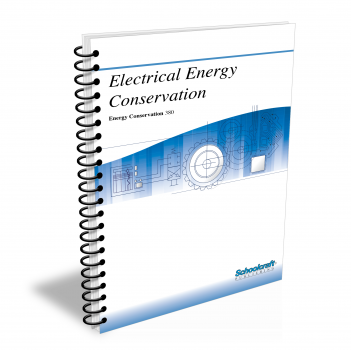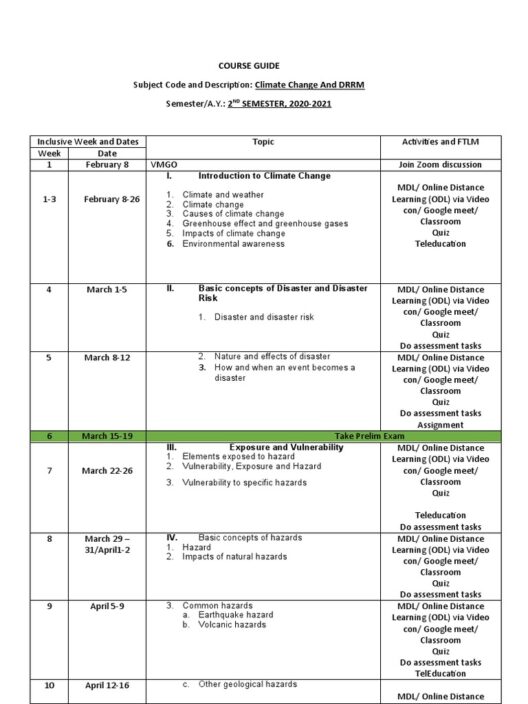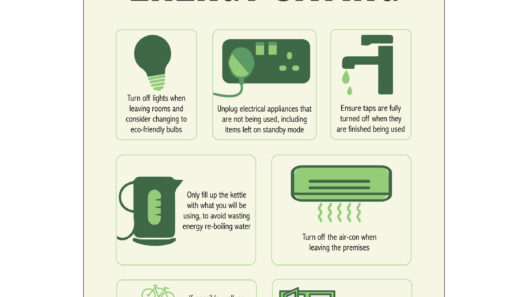Energy conservation has become an increasingly pivotal concept as societies strive to mitigate the impacts of climate change, alleviate energy costs, and promote sustainable practices. This essay delves into the nuanced definition of energy conservation, examining its theoretical frameworks, practical applications, and the colossal implications it holds for our future.
At its core, energy conservation can be defined as the strategy of reducing energy consumption through the efficient use of resources and personalized changes to behavior. This foundational understanding transcends mere reduction; it embodies a proactive effort to optimize usage while maintaining the quality of life. By adopting energy-conserving behaviors, individuals and communities embrace a lifestyle that prioritizes sustainability while directly confronting the imminent threat posed by climate change.
When one considers the traditional definition of energy, it is crucial to remember that energy manifests in various forms: thermal, kinetic, potential, electromagnetic, and chemical energy. Each form plays a distinct role within various ecosystems and human activities. However, the pursuit of energy efficiency often tends to focus predominantly on electricity consumption, which indeed is a primary area of concern. Not only does electricity drive our technological advancements, but it also accounts for significant greenhouse gas emissions when sourced from fossil fuels.
Thus, energy conservation can also be perceived through a more expansive lens as a symbiotic relationship between sustainable development and resource management. The dilemma we face in the modern age is not merely about the amount of energy consumed, but what resources fuel that consumption. This critical insight can lead individuals to rethink their energy dependencies and instead consider alternatives that are inherently more sustainable.
One of the most palpable benefits of energy conservation is the economic incentive it provides. When individuals and organizations implement energy-saving strategies, they often observe immediate financial gains. These strategies may include, but are not limited to, employing energy-efficient appliances, insulating homes and buildings to minimize heat loss, and adopting smart technologies that optimize energy use. For instance, LED lighting not only lasts significantly longer than traditional incandescent bulbs but also consumes considerably less energy, leading to palpable savings on electricity bills.
Moreover, the advent of renewable energy sources has further revolutionized the energy conservation dialogue. Solar panels, wind turbines, and geothermal systems exemplify how innovative technologies can be harnessed to complement energy-saving strategies. By integrating these sources into their energy mix, households can reduce reliance on non-renewable energy and, in many cases, achieve energy self-sufficiency. This transition not only contributes to personal economic resilience but also lays the groundwork for a more robust and sustainable energy infrastructure on a larger scale.
Furthermore, the role of policy cannot be understated in the quest for energy conservation. Governments around the world have begun enacting regulations and incentives designed to promote energy efficiency. These initiatives encompass energy audits and retrofitting programs, which seek to identify opportunities for improved efficiency within residential and commercial properties. Stricter fuel-efficiency standards for vehicles, as well as tax credits for renewable energy adoption, exemplify how legislative measures can catalyze a broader cultural shift toward conservation. This illustrates an essential truth: systemic transformation often requires comprehensive regulatory frameworks to provide the impetus for change.
In the broader societal context, energy conservation encapsulates a philosophical shift towards mindful living. By recognizing the finite nature of our planet’s resources, individuals are inspired to cultivate habits that prioritize sustainability and longevity. Communities practicing energy conservation often engage in collective initiatives, such as carpooling schemes, community gardens, and shared renewable resources. These activities bolster communal ties while simultaneously advancing the conservation agenda. It cultivates an underlying respecting of the planet that can yield profound collective benefits.
Education plays a crucial role in fostering a deeper understanding of energy conservation. Textbooks focused on subjects like “Electrical Energy Conservation” provide foundational knowledge and illustrate complex systems at play. They elucidate how energy flows through various channels within our homes, institutions, and industries. This academic exploration fosters a sense of stewardship and responsibility among future generations, instilling in them an awareness of the importance of conserving energy and exploring renewable options.
However, it is imperative to acknowledge that energy conservation is not merely an end in itself; it is a means to a more significant imperative. Individual acts of conservation dovetail into a larger movement focused on climate action, as reduced demand for energy directly correlates to decreased greenhouse gas emissions. The cumulative impact of localized efforts can lead to global change, exemplifying the proverbial ripple effect. When citizens recognize their potential for impact, they are better positioned to advocate for policies that prioritize sustainability on systemic levels.
As we navigate the complexities of the twenty-first century, a paradigm shift in our approach to energy consumption becomes essential. Embracing energy conservation means prioritizing choices that favor a sustainable future. There is a clear moral imperative to protect our planet’s resources for generations to come. Thus, moving from textbook concepts to practical applications in daily life can trigger a trail of conservation that echoes through society.
In conclusion, energy conservation encapsulates a sweeping array of practices, philosophies, and policies, all aimed at reducing energy consumption while prioritizing the health of our environment. Through a collective commitment to fostering awareness, optimizing resource use, and embracing sustainable alternatives, societies can pave the way toward a future characterized by resilience and ecological balance. Adopting a mindset where every action matters could represent not just a promise of change but a profound opportunity to redefine our relationship with energy and, by extension, our planet. The time for action is now.








